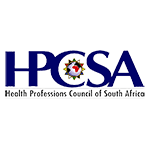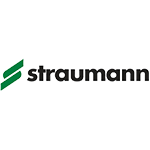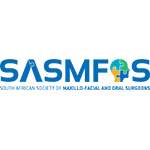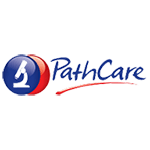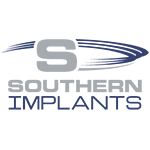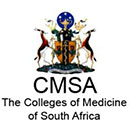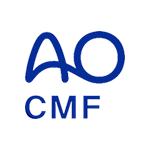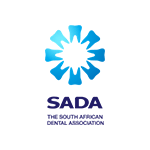Frequently Asked Questions
Admin/Process Queries
As a specialist in the field of orofacial surgery, there are certain assessments that are critical in decision making as part of your individualised treatment plan. The consultation highlights information that is important not only to me, but also to you, so that an informed decision can be made with respect to your treatment.
A clinical examination will be undertaken and the any necessary radiological exams (intraoral and/or panoramic x-rays, or 3D scan) so that an accurate assessment can be made. Treatment options are discussed, as well advantages and disadvantages of any proposed surgery. You then have the option to schedule your treatment/surgery thereafter.
Medical aids often insist on reimbursing members, instead of providers directly, resulting in unpaid accounts and the accumulation of bad debt. There have been instances when medical aid has approved the treatment, and when claimed, refuse to pay for procedures that were performed.
You will need to obtain authorisation from your medical aid for the procedure. You will receive all the necessary information to relay to your medical aid. Your medical aid will issue an authorisation number and an indication of how your procedure will be covered. There are three costs involved with any in-hospital procedure (hospital + anaesthetic + surgeon’s accounts).
Any in-hospital procedure requires admission. Your procedure will be scheduled for either a morning or an afternoon. Based on this, a time will be provided to you. You will be informed when to stop eating/drinking. You can expect to spend the day (or most of it) in hospital.
Any in-hospital procedure requires admission. Your procedure will be scheduled for either a morning or an afternoon. Based on this, a time will be provided to you. You will be informed when to stop eating/drinking. You can expect to spend the day (or most of it) in hospital.
You will receive an email with the information you require to obtain authorisation from your medical aid, along with all the relevant information for the day of surgery. This information includes the time to be at the hospital and when to stop eating/drinking before surgery.
Although you belong to a medical aid, the account remains your responsibility. Each medical aid and the associated plans have a range of benefits that may or may not be covered. It is important for you to understand what is specifically covered and if any co-payments are associated with your treatment. In this way, there is transparency with respect to the treatment costs incurred.
No. The authorisation/reference number provides approval for your planned procedure, anaesthetist, and hospital fees. There may be associated co-payments payable upon your admission. In addition, your medical aid may reimburse the doctors’ fees at a different rate to what was charged based on the fee structure that is in place.
The hospital will need an authorisation/reference number on admission and cannot admit you without it. You can also put it on the hospital pre-admission form which you are required to return to the hospital at least 48h prior to surgery (the practice will supply you with the relevant pre-admission form).
In this instance, you need to decide whether you wish to proceed with the surgery on a cash basis or cancel the procedure altogether. The practice can assist you in requesting estimates from the hospital and anaesthetist so that you can make an informed decision based on the total cost of the operation (surgeon + anaesthetist + hospital). In certain instances, an in-room sedation may be an alternative option.
Medical Queries
Generally, if experiencing vomiting/diarrhoea, a raised temperature or a productive cough (excessive, discoloured mucous) it would be in your best interest to postpone surgery.
A sore throat, blocked nose or light, non-productive cough would not necessarily result in your surgery being cancelled.
Please inform the practice accordingly.
A sore throat, blocked nose or light, non-productive cough would not necessarily result in your surgery being cancelled.
Please inform the practice accordingly.
Yes, in most circumstances with a small sip of water. If you have numerous medications for various conditions, please query this with the practice.
Only if it is required to take it during the day or if your surgery involves staying overnight.
An ice pack is supplied to you in the hospital. You do not need to purchase one.
If you are a smoker, refrain from smoking a week before and 2 weeks after your surgery. It is advisable to avoid alcohol for more than 24 hours before and a week after your surgery.
A baby toothbrush may assist in maintaining good oral hygiene during the post operative healing period. Protein shakes are also a good source of nutrients during the healing period.
A baby toothbrush may assist in maintaining good oral hygiene during the post operative healing period. Protein shakes are also a good source of nutrients during the healing period.

